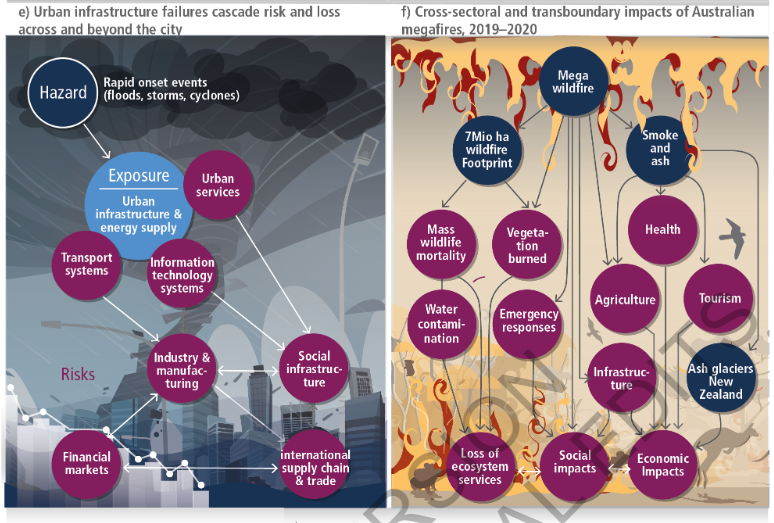
Disasters continue to sweep the world. Anthropogenic in nature, exacerbated by #climateCrisis #capitalism and #EcosystemDestruction. The age of disasters is upon us.
In #Pakistan, the heat of the #ClimatEnergency is increasingly on mothers.
reuters.com/world/asia-pac…
reuters.com/world/asia-pac…
#Arizona #wildfire started by some idiot burning used toiled paper in a dry forest.
latimes.com/world-nation/s…
latimes.com/world-nation/s…
#California sees #flooding and washouts in the Dixie Fire burn scar.
independent.co.uk/climate-change…
independent.co.uk/climate-change…
In this age of increasingly sever Anthropogenic Disasters, Adaptation, Resilience, Mobility and Diversity are increasingly important. Join our active community and discuss how best to prepare for worsening disasters. discord.gg/JpB5EW92vN #Collapse
• • •
Missing some Tweet in this thread? You can try to
force a refresh






